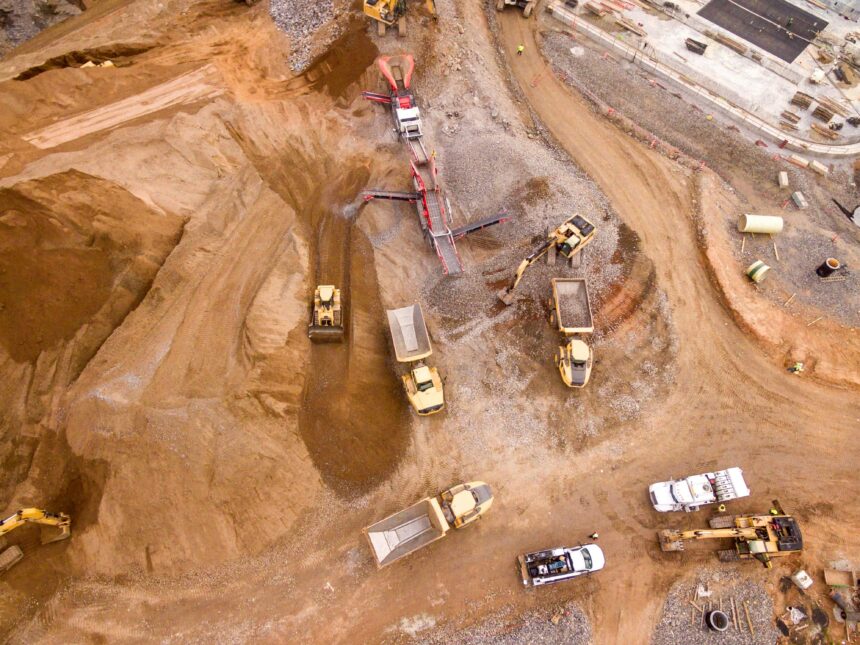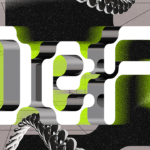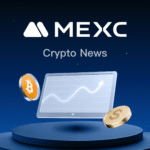Crypto mining stocks experienced a significant surge on Tuesday following the announcement of a substantial five-year agreement between Nebius Group and Microsoft (MSFT), in which Nebius will supply graphic processing units (GPUs) valued at an impressive $17.4 billion. This partnership aims to enhance Microsoft’s artificial intelligence infrastructure and has ignited investor enthusiasm, particularly for companies that possess large-scale computing power, including bitcoin miners.
Despite the positive movement within the mining sector, bitcoin itself saw a slight decline, falling by approximately 1% to $111,100 after an earlier advance. This divergence highlights a broader trend in investor focus; rather than being solely concentrated on bitcoin’s market price, attention is increasingly shifting toward the pivotal role that mining infrastructure could play in the burgeoning AI landscape.
Leading the charge in the mining stocks’ rally was Bitfarms (BITF), which posted a remarkable 22% increase in shares. Cipher Mining (CIFR) also saw substantial gains, climbing by 20%. Other notable performers included IREN (IREN), Hut 8 (HUT), Riot Platforms (RIOT), and TeraWulf (WULF), all of which saw their share prices rise by mid-teens percentages.
In contrast, MARA Holdings, which has recently shifted its strategy to position itself more as a bitcoin treasury company rather than a high-performance computing player, posted the weakest performance. Its shares increased by only 4% on Tuesday, revealing the challenges it faces in a swiftly changing landscape.
These significant movements in the stock market reflect the evolving reality for the cryptocurrency mining industry. Traditionally, mining profitability was closely linked to bitcoin’s four-year halving cycle, a predictable event that slashed block rewards in half. However, this cycle no longer exerts the same level of influence, leaving mining companies vulnerable to rising power costs, relentless hardware production demands, and fierce competition from hardware manufacturers like Bitmain, which continue to expand their operations.
Simultaneously, artificial intelligence is transforming the business model within the sector. Miners equipped with substantial energy footprints and advanced computing capabilities are increasingly exploring options to lease their capacity to hyperscale operators or pivot towards offering data center services. The Nebius-Microsoft agreement serves as a prime illustration of the growing value of GPU access, shedding light on why the market is favoring miners with scalable infrastructure during this evolving technological landscape.







